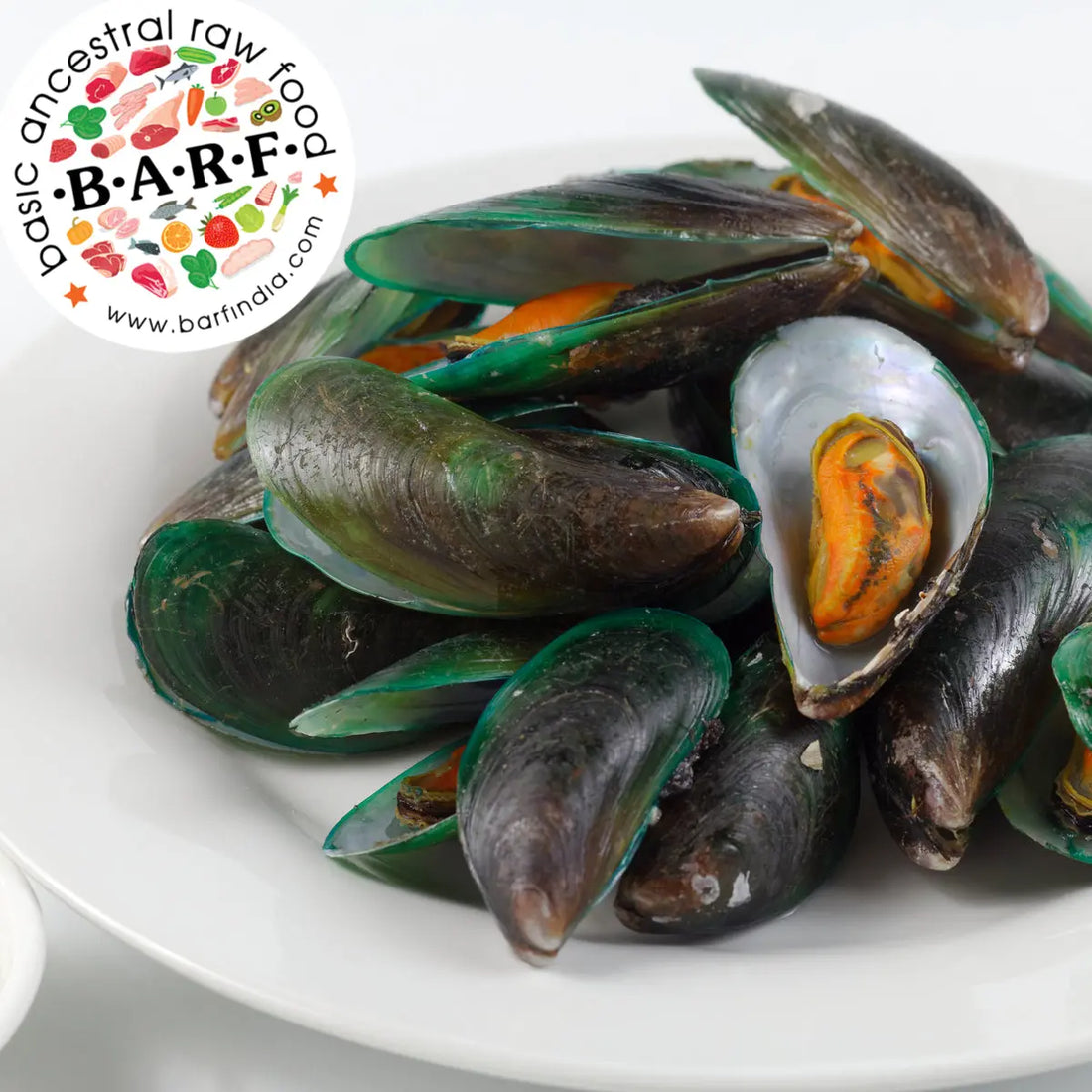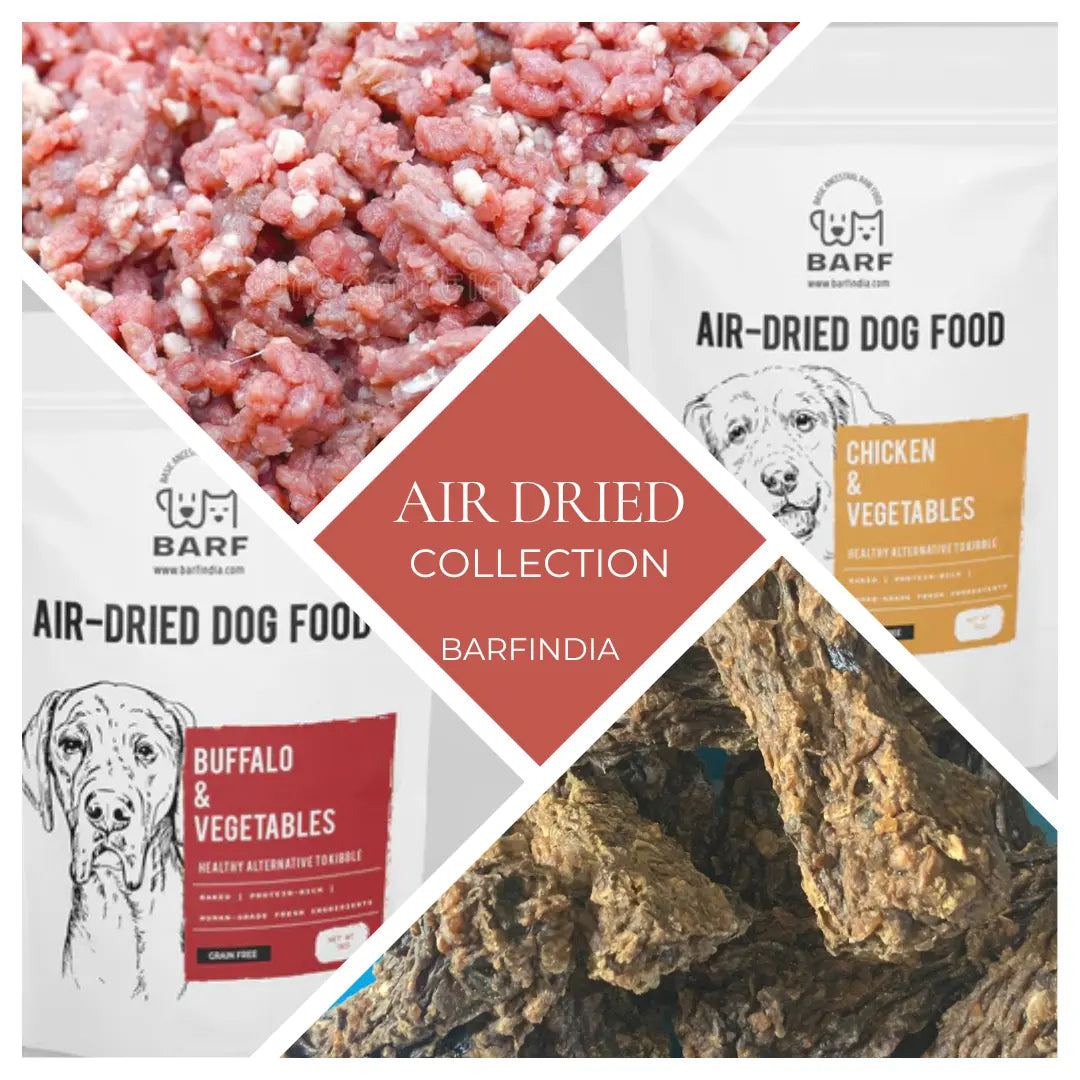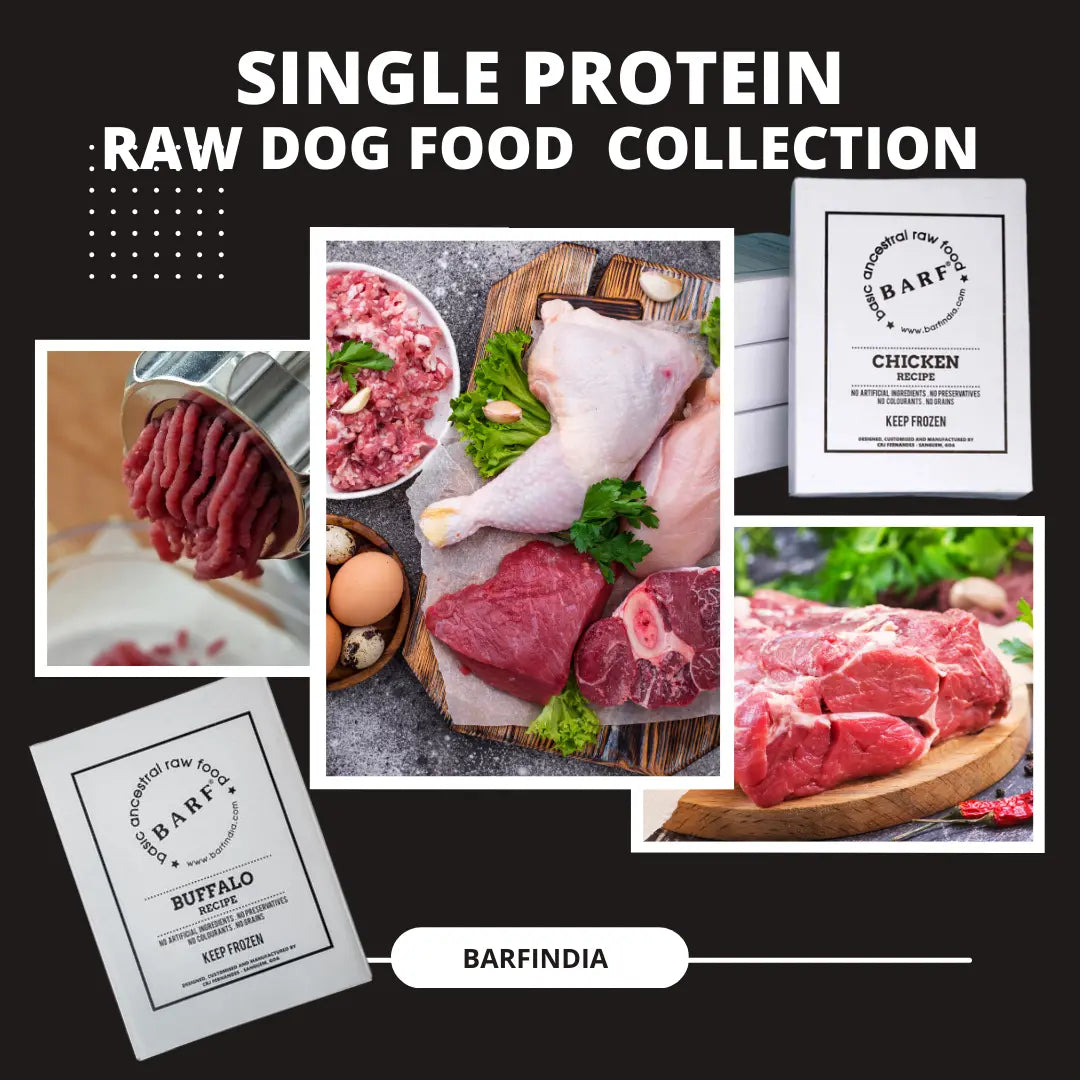
The Benefits of Raw Clams for Your Feline Friend
Nivedita FernandesWhy Raw Clams Are a Nutritional Powerhouse for Your Cat
Introduction:
As responsible cat owners, we are always on the lookout for healthy and nutritious food options for our furry companions. While cats are obligate carnivores, their diet primarily consists of meat, and it's important to provide them with a variety of protein sources. One such food that can offer numerous benefits to our feline friends is raw clams. In this blog, we will explore the reasons why raw clams can be a valuable addition to your cat's diet.
-
Rich in Essential Nutrients: Raw clams are packed with essential nutrients that are vital for a cat's overall health and well-being. They are an excellent source of high-quality protein, which is crucial for maintaining strong muscles and supporting various bodily functions. Clams also provide essential vitamins and minerals, including vitamin B12, iron, zinc, and selenium, which contribute to a healthy immune system, improved energy levels, and optimal organ function.
-
Omega-3 Fatty Acids: Raw clams are a natural source of omega-3 fatty acids, specifically EPA (eicosapentaenoic acid) and DHA (docosahexaenoic acid). These fatty acids have numerous benefits for cats, including reducing inflammation, promoting a healthy coat and skin, and supporting brain development. Omega-3 fatty acids are particularly important for cats with joint issues or those prone to skin allergies.
-
Dental Health: Chewing on raw clams can provide a natural dental benefit for cats. The act of gnawing on the clam's shell can help remove plaque and tartar buildup from their teeth, promoting good oral health. However, it's important to ensure that the clams are fresh, properly cleaned, and free from any harmful contaminants.
-
Hydration: Raw clams have a high moisture content, which can be beneficial for cats, especially those that are not fond of drinking water. Adequate hydration is vital to maintain healthy kidney function and prevent urinary tract issues. Introducing raw clams into your cat's diet can be a tasty way to supplement their water intake and keep them properly hydrated.
-
Novel Protein Option: Feeding your cat a diverse range of proteins is essential to avoid potential food allergies or sensitivities. Raw clams can be an excellent novel protein option, particularly for cats that have already been exposed to common proteins like chicken or beef. Adding clams to their diet can help reduce the risk of developing allergies and provide a well-rounded nutrient profile.
Important Considerations: While raw clams can offer many benefits to cats, there are a few precautions to keep in mind:
-
Quality and Sourcing: Ensure that the clams you provide are fresh, high-quality, and sourced from reputable suppliers. It is important to minimize the risk of bacterial contamination or parasites that can be present in raw seafood.
-
Moderation: Introduce raw clams gradually into your cat's diet to observe how they respond. Too much of any new food can lead to digestive upset. Start with small portions and monitor your cat's reaction before increasing the quantity.
-
Individual Cat Needs: Every cat is unique, and what works for one may not work for another. If your cat has any underlying health conditions or dietary restrictions, consult with your veterinarian before introducing raw clams or any new food.
Clams for Cats - Conclusion:
Raw clams can be a beneficial addition to your cat's diet, offering a range of essential nutrients, omega-3 fatty acids, dental benefits, hydration, and a novel protein source. However, it's crucial to exercise caution, ensure the clams are fresh and properly sourced, and monitor your cat's response. Remember, always consult with your veterinarian before making any significant changes to your cat's diet to ensure it align



